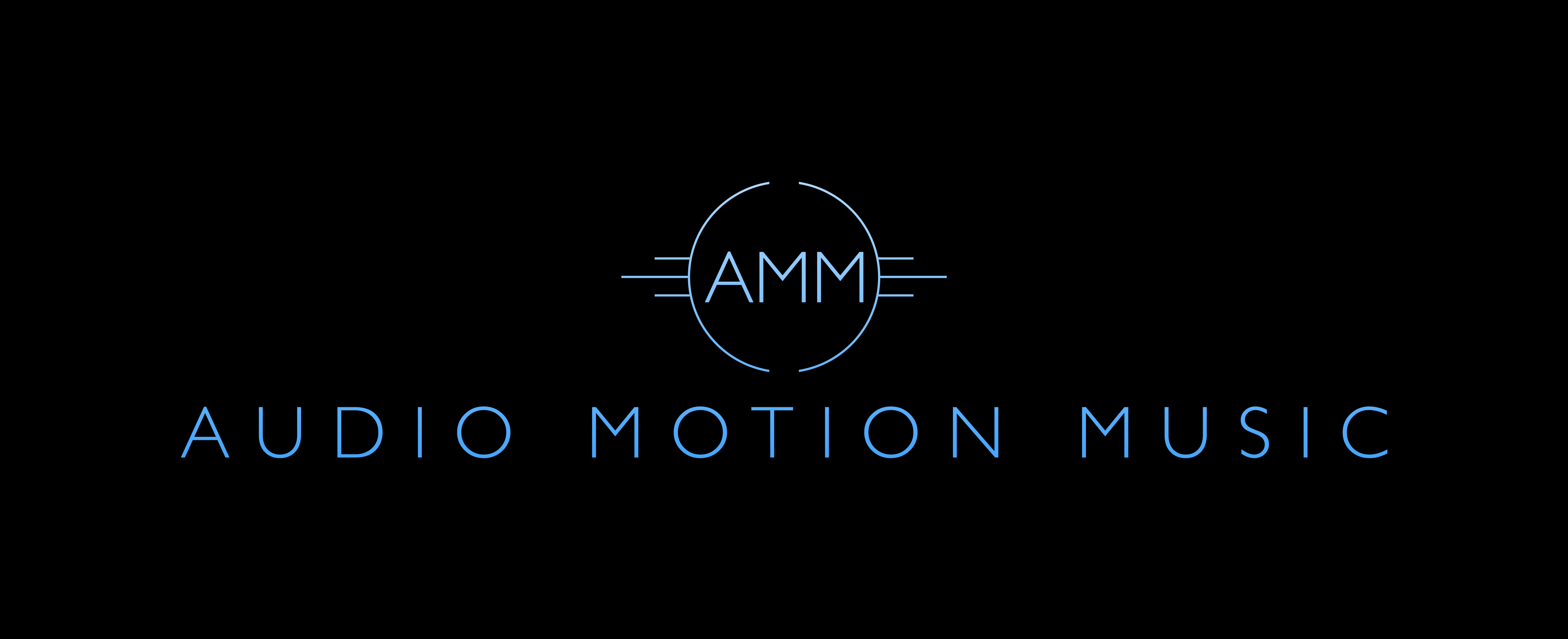Music licensing can be a complex and confusing topic, especially for those who are new to the industry. One of the most common questions that many people ask is whether there are any free options for licensing music. The answer to this question is not as simple as a yes or no. In this blog post, we will explore the different options available for licensing music, including the pros and cons of fair use.
First, it’s important to understand that music is protected by copyright law, which means that the copyright holder has the exclusive right to reproduce, distribute, and perform the work. To use someone else’s music in your own project, you must obtain a license from the copyright holder.
One option for licensing music is to use a Creative Commons license. Creative Commons is a non-profit organization that offers a set of licenses that allow creators to share their work with others, while still maintaining some rights. There are several different types of Creative Commons licenses available, each with its own set of rules and restrictions. Some allow for commercial use, while others do not.
Another option is to use royalty-free music. Royalty-free music is music that can be used multiple times without the need to pay additional royalties. However, it’s important to note that most royalty-free music libraries require you to pay a one-time fee for the license.
Lastly, fair use is a doctrine in the United States copyright law that allows limited use of copyrighted material without permission from the rights holders. Fair use is determined on a case-by-case basis and depends on the specific circumstances of each use. It’s important to be aware that fair use has its pros and cons.
On the one hand, fair use allows for using copyrighted material without permission, which can save time and money. On the other hand, fair use can be a gray area, and it can be difficult to know whether a specific use qualifies as fair use or not.
Additionally, if a copyright holder believes that their rights have been infringed, they can still sue for copyright infringement, even if the use is considered fair use.
In conclusion, while there are some free options for licensing music, it’s important to understand the rules and restrictions that come with each option. It’s also crucial to be aware of the pros and cons of fair use, and to consider the potential legal risks before using copyrighted material. Always consult a legal professional before making any decisions related to music licensing.

